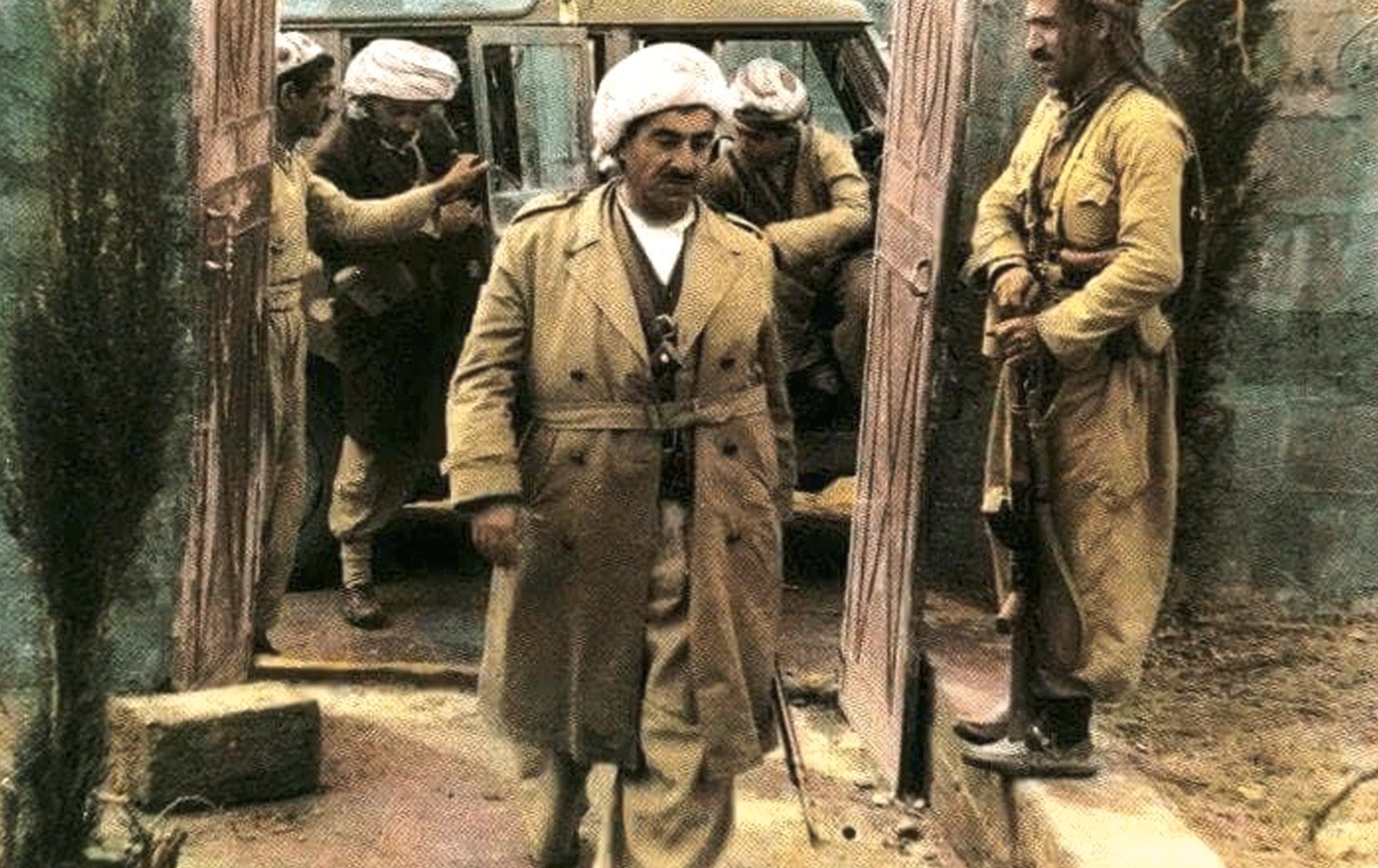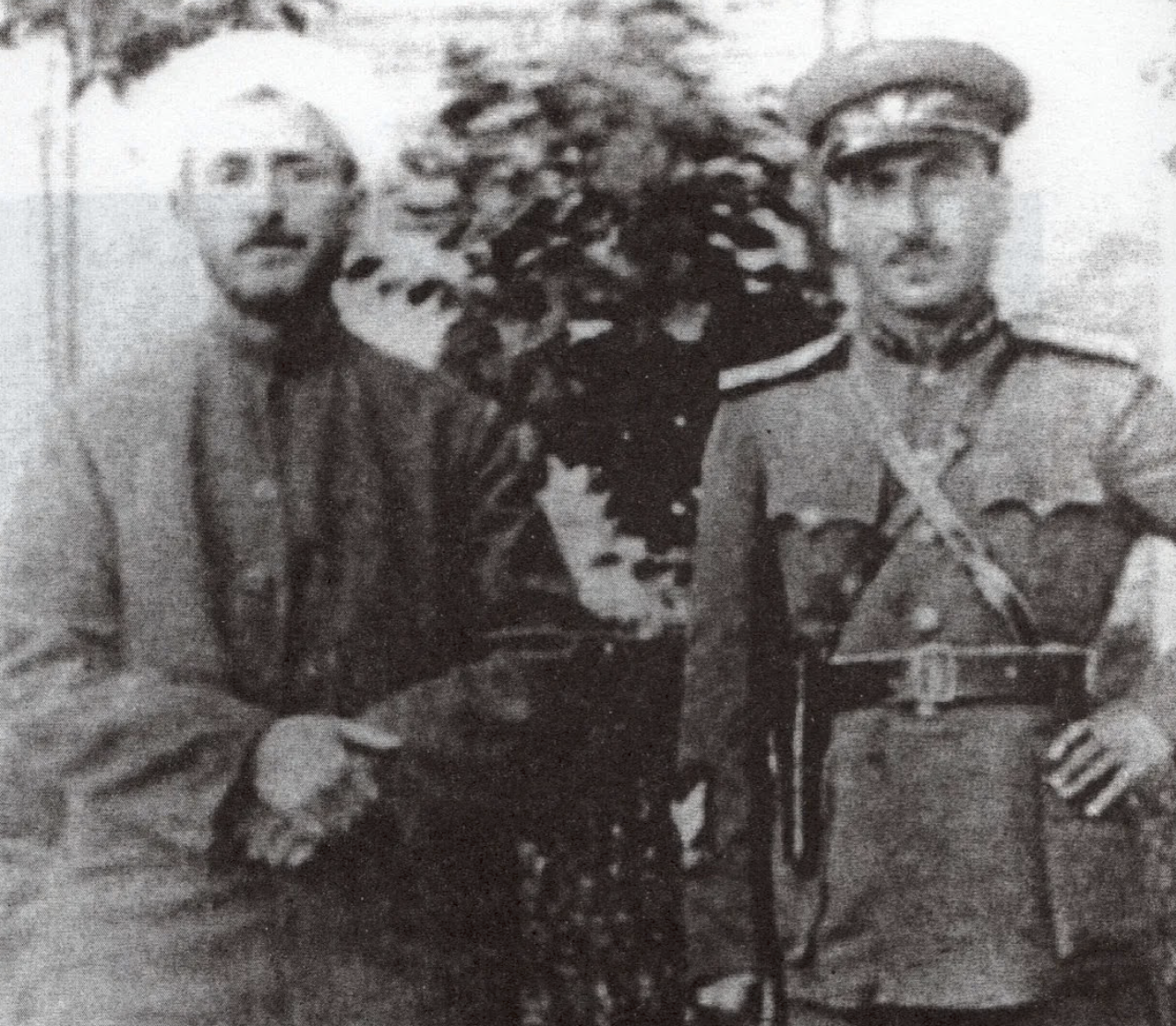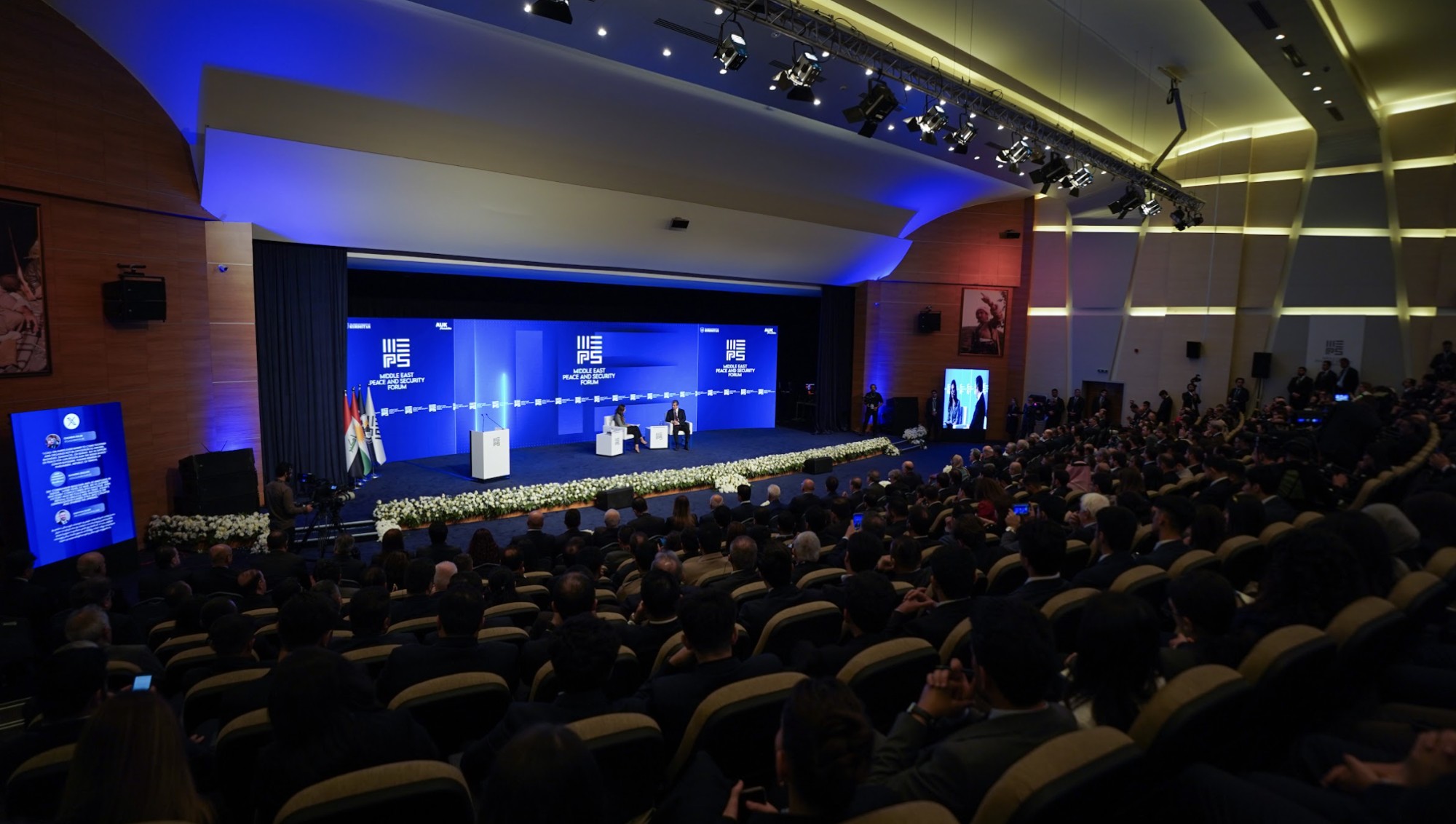March 14 is a significant date for Kurdish people around the globe as they honor the memory of Mustafa Barzani, a towering figure in Kurdish history and the struggle for national liberation.
Born on March 14, 1903, in the village of Barzan, situated at the crossroads of modern-day Iran, Turkey, and the Kurdistan Region, Barzani’s life was marked by resilience and an unwavering dedication to his people’s cause.
From a young age, Barzani faced the harsh realities of oppression, as he and his mother were unjustly imprisoned by the Ottoman Empire when he was just three years old. Hailing from a family with a longstanding commitment to advocating for Kurdish rights, Barzani’s destiny seemed intertwined with the fate of his people.

In 1919, at the age of 16, Barzani joined Sheikh Mahmud Barzanji’s revolution, marking the beginning of his lifelong commitment to the Kurdish struggle. A year later, he was entrusted by his older brother, Sheikh Ahmed Barzani, with the pivotal task of forging alliances with Sheikh Said of Piran in Northern Kurdistan (southeastern Turkey). Despite facing numerous exiles and challenges, Mustafa Barzani remained undeterred, always returning to the forefront of the fight for Kurdish rights.
Barzani’s leadership truly came to the fore in 1946, when Qazi Mohammad declared the establishment of the Republic of Kurdistan in Mahabad in Eastern Kurdistan (northwestern Iran). Assuming the role of Chief of Staff of the Mahabad Army, Barzani became a central figure in the nascent state’s defense. However, the dream of an independent Kurdistan was short-lived, as the republic collapsed a year later, leading Barzani and his followers to seek refuge in the Soviet Union.
During his 12-year sojourn in the Soviet Union, Barzani continued his military pursuits and delved into learning the intricacies of diplomacy and governance. Fluent in Russian, he leveraged his time in exile to build international networks and bolster the Kurdish cause on the global stage.

Return to Kurdistan
Barzani’s return to Kurdistan in 1958 marked a new chapter in the struggle for Kurdish autonomy. Under his leadership, Kurdish pressure compelled the Iraqi government to concede to some of their demands in 1970, including the recognition of Kurdish autonomy and rights, such as education in their native language. However, the promise of autonomy was also short-lived, as the Iraqi government reneged on its commitments by signing the Algiers Agreement with Iran in 1975.
Until his passing in March 1979, Barzani remained the epitome of Kurdish resistance, both politically and militarily. Barzani passed away in Washington, D.C., on March 1, 1979 while seeking medical treatment in the United States.

Initially laid to rest in Oshnavieh in Eastern Kurdistan, his body was later relocated to his ancestral village following the 1991 Kurdish uprising, a testament to his enduring legacy as a symbol of Kurdish resilience and the quest for self-determination.
Beyond his death, Barzani’s legacy continues to inspire generations of Kurds in the ongoing struggle for Kurdish rights and recognition on the global stage. His life is truly a testament to the indomitable spirit of the Kurdish people and their unwavering resolve in the face of adversity.
Richard Eagleton is on the board of the Kurdistan Film Commission and is the son of the esteemed late US ambassador, William Eagleton. William was renowned for his fervent leadership and staunch advocacy for Kurdish Rights.

